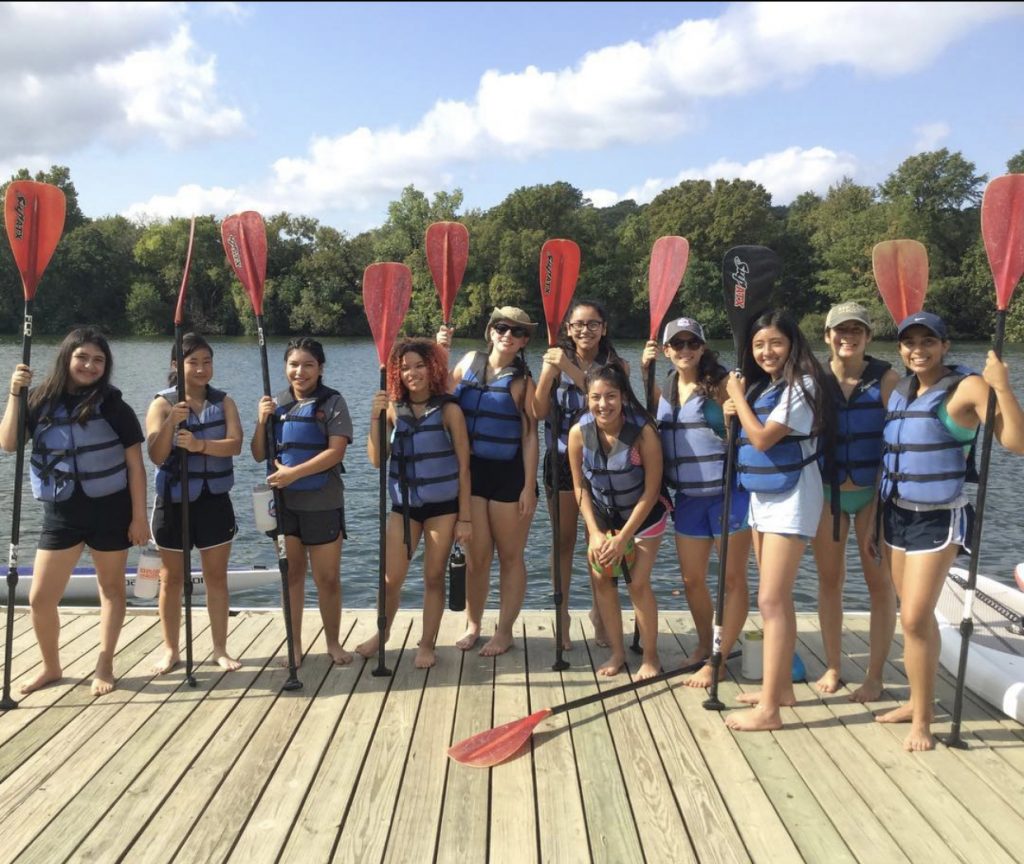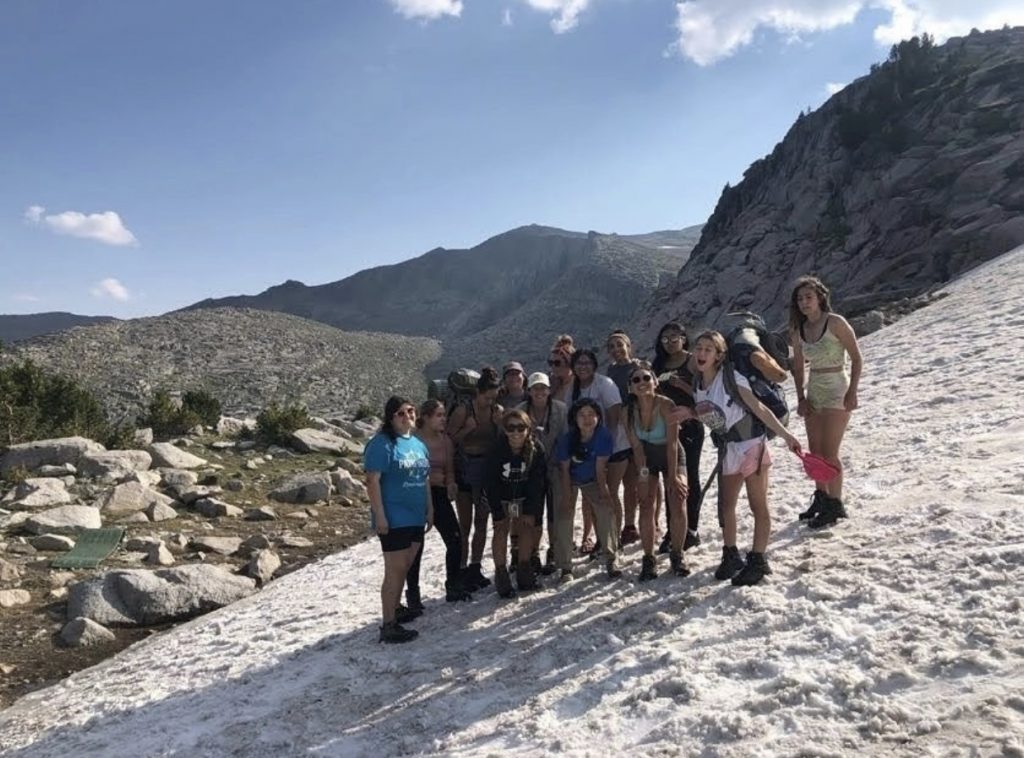Way back in 2006, when Explore Austin was established, our founders wanted to create a way for outdoor adventure to be used as a conduit for youth to learn lifelong, transferrable skills. Enter our ACES curriculum. ACES are the backbone of the Explore Austin leadership program, and each year of the program focuses on developing a particular ACES trait, while the final year focuses on putting all of the traits together. Through our Saturday Challenges, mentors and trip leaders emphasize qualities and actions that make an Explorer Action-Oriented, Courageous, an Excellent Teammate, and a Strong Communicator.
ACTION-ORIENTED:
Climbing a cliff face or biking down a steep mountain trail is no time to be on the fence about your situational goals. We ask Explorers in our program to recognize a need for practical solutions and measurable goals. Learning the importance of being action-oriented means that youth develop the necessary planning and executive skills required to coordinate a 10-mile hike to the top of a summit, delegate necessary campsite tasks, and manage ambiguous outdoor situations. This skill translates into the real world as time management, self-motivation, and confidence.
COURAGEOUS:
There is no better place to develop trust in yourself than the great outdoors. Explore Austin brings youth into a totally new and often intimidating environment – whether it’s their first time sleeping away from home, or they’re scared of heights, or their legs feel like jelly after a day of carrying a 50lbs backpack. When our program participants to push themselves physically and mentally, they develop the capacity to deal with adversity and to keep their goals in sight. It’s this mental fortitude and courage which will empower them to set and achieve big, scary, ambitious goals in education, careers, extracurricular activities, and more!
EXCELLENT TEAMMATE:
As the adage goes, a team is only as strong as its weakest link. As our program encourages both Explorers and Mentors to build solid relationships, it is also equally focused on cultivating youth who are dependable and respectful teammates. Asking youth to reflect earnestly on questions like “Am I responsible?”, “Can I honestly say I’m contributing to the group?”, and “Am I thinking about others or am I only considering myself?” engages them in community-mindedness. Being an excellent teammate in the backcountry turns into being a caring, engaged, and empathetic teammate in your family, friend-group, sports team, and beyond.
STRONG COMMUNICATOR:
Being able to communicate effectively is perhaps the most important of all life skills. Being a good communicator doesn’t only require saying the right thing at the right time. Above all, it requires mutual respect. Through the Explore Austin program, youth and mentors alike are introduced to different world views, perspectives, and belief systems. As relationships are built through Saturday Challenges and Summer wilderness trips, participants begin to share their thoughts and opinion. This open transfer of ideas can only work in a safe and respectful environment. Learning to treat others with dignity and listening to differing ideas and respectfully communicating their own is a crucial skill to develop in our youth.
These are the skills Explore Austin believes helps youth in achieving comprehensive wellbeing and the social-emotional skills that will allow them to achieve their definition of success throughout their entire lives.



